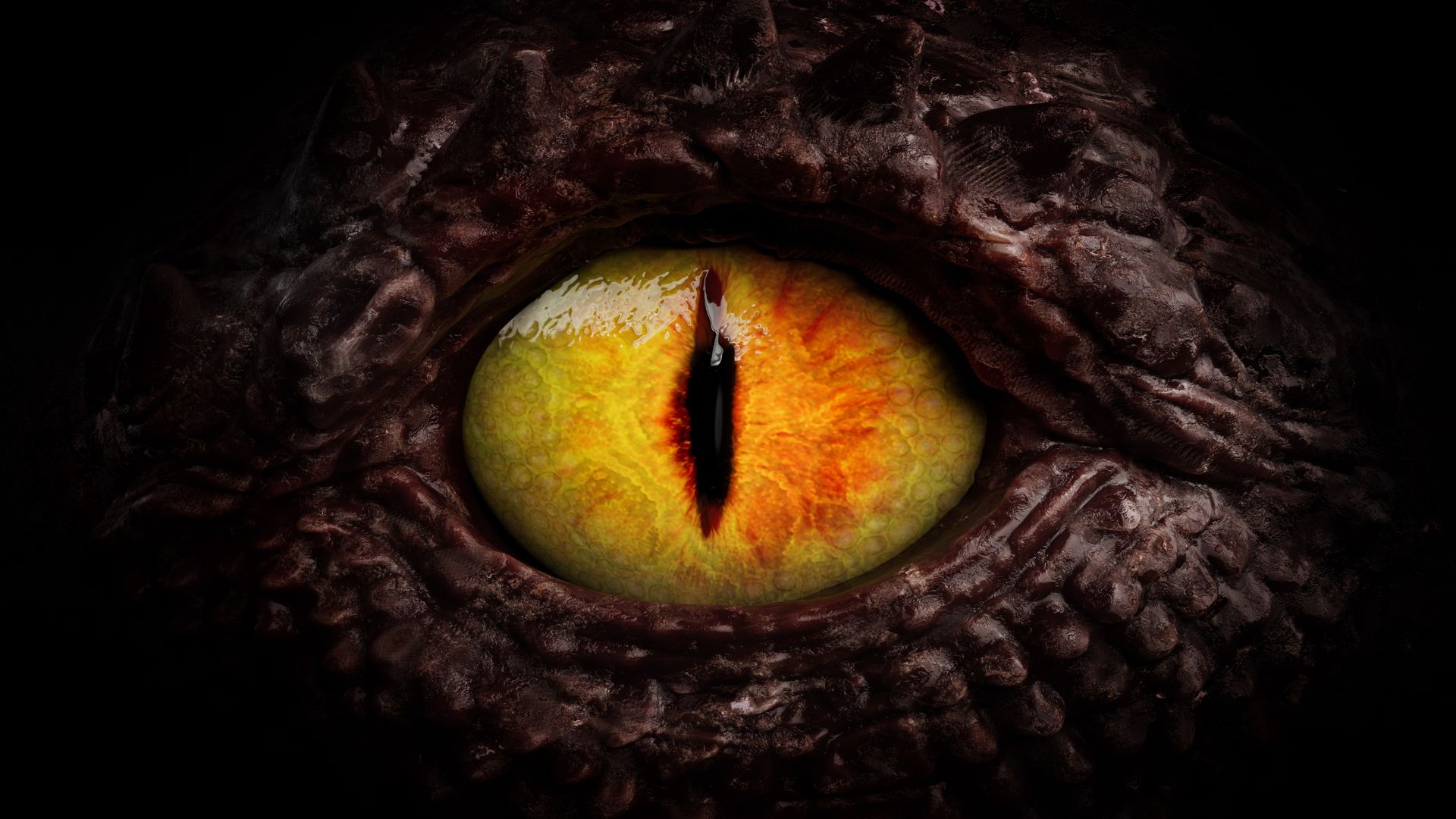Introduction: A woman experienced persistent, lifelong hallucinations where human faces transformed into dragon-like features, presenting a significant diagnostic challenge. This case highlights the complexities of diagnosing rare neurological and psychiatric conditions that manifest in unusual perceptual distortions.
In-Depth Analysis: The central issue in this case is the nature and origin of the woman’s hallucinations. She reported that since childhood, people’s faces would morph into having dragon-like features. This was not a fleeting experience but a consistent and distressing symptom that led her to seek medical attention. The article describes this as a “diagnostic dilemma,” indicating that identifying the underlying cause was not straightforward. The condition is described as rare, suggesting it falls outside the scope of common psychiatric or neurological presentations. The source material does not detail the specific diagnostic process undertaken, such as neurological examinations, brain imaging, or psychological assessments, beyond the fact that the woman sought treatment. However, the description of the hallucinations as visual and persistent points towards potential neurological or psychiatric etiologies. The transformation of faces into dragon-like features is a specific form of visual hallucination, and the article implies that this unusual manifestation made it difficult to categorize using standard diagnostic criteria. The source does not offer alternative interpretations or competing theories for the woman’s experiences; it focuses on presenting the phenomenon and the challenge it posed to diagnosis.
Pros and Cons: The primary strength of this case study, as presented in the source material, is its illustration of the diagnostic challenges posed by rare and atypical presentations of neurological or psychiatric conditions. It underscores the fact that not all symptoms fit neatly into established diagnostic boxes, requiring clinicians to consider a broader differential diagnosis. The detailed description of the hallucination—the specific transformation into dragon-like features—provides a vivid example of how subjective experience can be. A potential weakness, inherent in the brevity of the provided information, is the lack of detail regarding the diagnostic methodology and the eventual resolution or management of the condition. Without knowing the steps taken to arrive at a diagnosis, or if a definitive diagnosis was even reached, it is difficult to fully assess the clinical approach or the validity of any proposed explanation. The source focuses on the *dilemma* rather than the resolution, leaving the reader with an understanding of the problem but not necessarily its solution.
Key Takeaways:
- A woman experienced lifelong visual hallucinations involving the transformation of human faces into dragon-like features.
- This unusual and persistent symptom presented a significant diagnostic challenge for medical professionals.
- The case highlights the existence of rare conditions that can cause atypical perceptual distortions.
- The difficulty in diagnosing such conditions may stem from their deviation from common symptom presentations.
- The source emphasizes the complexity of neurological and psychiatric diagnoses when faced with unique subjective experiences.
- Understanding such rare cases is crucial for expanding the knowledge base of perceptual disorders.
Call to Action: Readers interested in the intricacies of neurological and psychiatric diagnosis, particularly concerning rare perceptual disorders, should explore further medical literature and case studies that delve into the methodologies used to diagnose and manage such complex conditions. Investigating the specific neurological pathways and psychological mechanisms that might underlie such unique hallucinatory experiences would be a valuable next step for an educated reader.
Annotations/Citations: The information regarding the woman’s lifelong hallucinations of faces morphing into dragon-like features is derived from the article available at https://www.livescience.com/health/diagnostic-dilemma-rare-condition-made-a-woman-see-people-as-dragons.


Leave a Reply